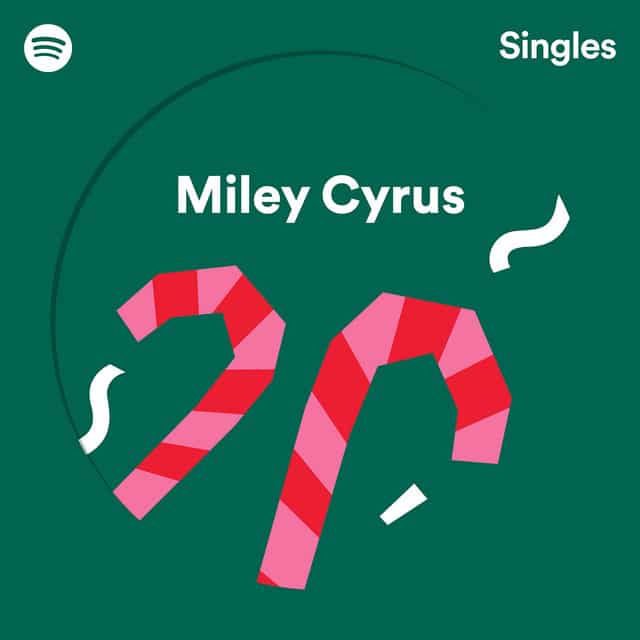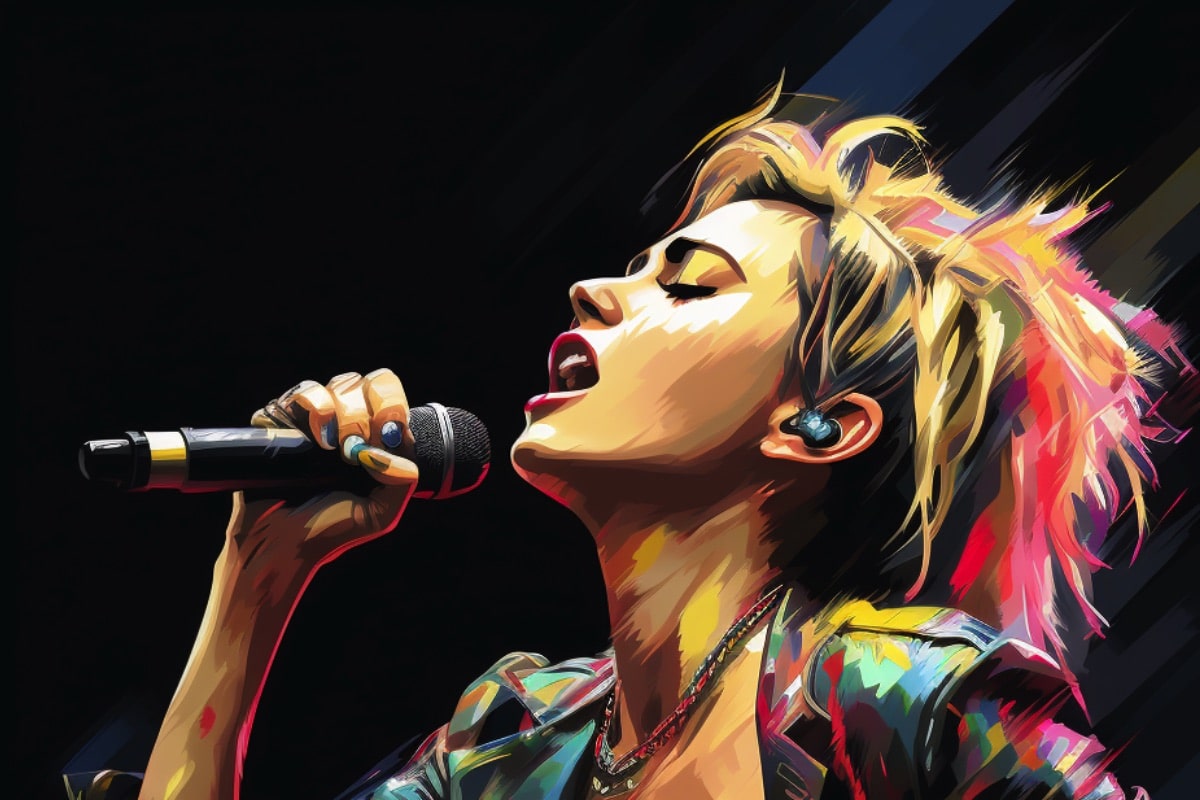Released: 2023
“Used To Be Young” by Miley Cyrus taps into the universal theme of reflecting on youth with a mix of nostalgia and recognition of growth. Miley croons about the invincibility of her past self and juxtaposes it with her current, more mature self, making it clear that she’s moved on from the fast life but still cherishes those wild days. It’s a poignant look at personal evolution, acknowledging the fun of the past while accepting the change that time brings.
The song kicks off with a bold declaration, “The truth is bulletproof, there’s no foolin’ you.” Here, Miley’s laying it all out—there’s no hiding from the raw reality of who she is versus who she used to be. She’s no longer the person dressing the same way or living the high-speed life. “Me and who you say I was yesterday” suggests a separation from her former identity—one that others might still cling to. The imagery of “chasin’ cars” and “open bars lead to broken hearts” encapsulates the recklessness and the inevitable pain that comes with a carefree lifestyle. Cyrus is assertive about leaving that behind, emphasizing that the chase often leads to hollow victories and regrets.
With lines like “You say I used to be wild, I say I used to be young,” Miley reclaims the narrative around her past behavior. She’s flipping the script on those who might criticize or romanticize her former antics—yes, she was wild, but more importantly, she was young. As we move through the verses, we see a recurring theme of acknowledging how time has changed her. She’s had her “good run,” and that time of being “crazy” is attributed directly to the liberties and trials of youth.
“Take one, pour it out, it’s not worth cryin’ ’bout” speaks to that idea of letting go; it’s about toasting to the past but not dwelling on it. Miley nods to the indelible marks of her past, “like tattoos and regrets,” acknowledging that some choices are permanent and yet, they no longer define her. The verse goes on to highlight the ephemeral nature of the party life—crowded rooms that “empty out as soon/There’s somewhere else to go.” It’s a metaphor for the loneliness that can lurk beneath the surface of the social whirl and the realization there’s more to life.
The chorus is a reaffirmation of her past craziness being a byproduct of youth—a sentiment echoed and amped up as the song progresses. When she says, “Those wasted nights are not wasted/I remember every one,” Miley suggests that every wild moment had value and contributed to who she is today. She owns her experiences rather than disavowing them, wrapping them up with the sage conclusion that maturity has changed her, but she’s grateful for the ride.
In essence, “Used To Be Young” is Miley’s anthem for the transformative power of time, acknowledging the wildness of youth while embracing the wisdom brought on by its passage. It’s a sophisticated look back at a period of life filled with lessons learned, scars earned, and memories cherished—even as she steps into a new chapter.








